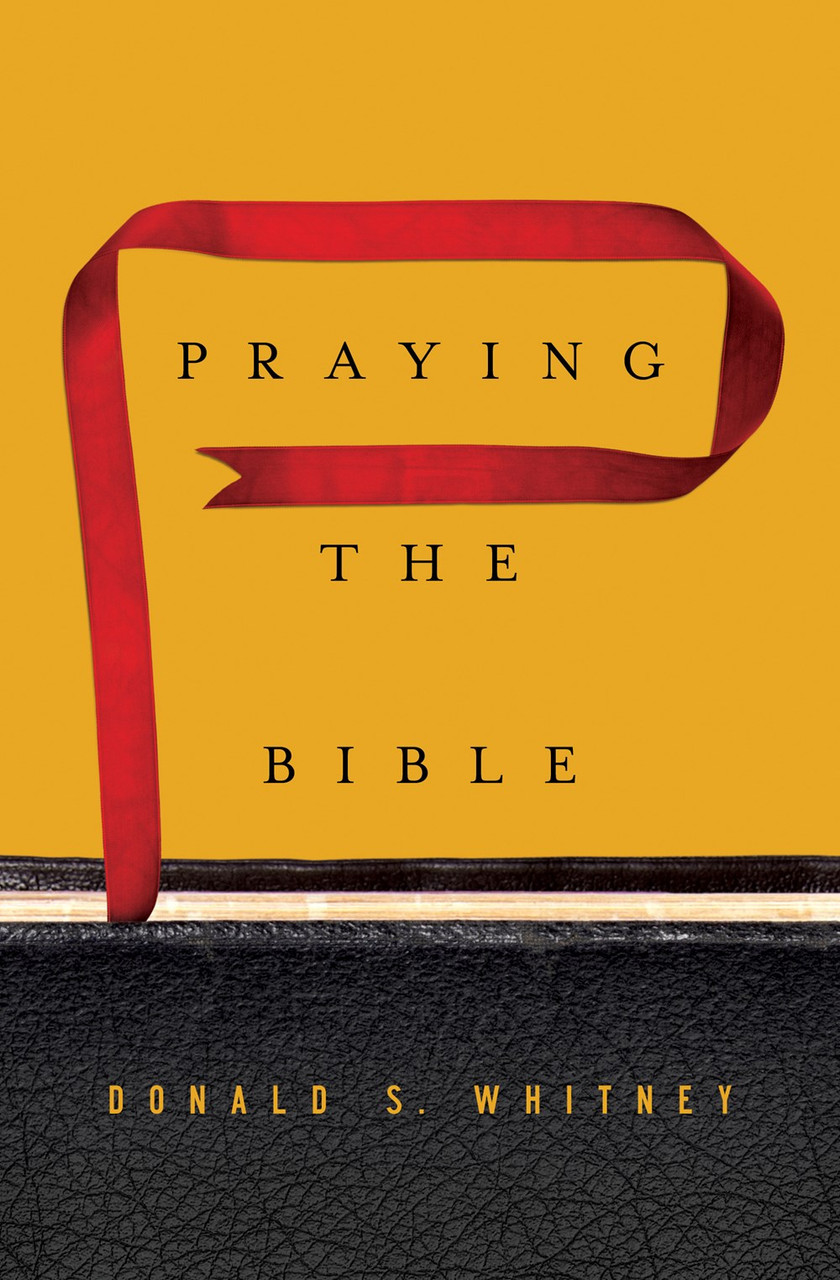
One day, as a young boy, I was surprised to remember that I had a pet toad. Faced with the mounting responsibilities of a 5-year-old in the early ’80s, I simply forgot about it. Days (weeks?) later, I remembered and ran outside to the bucket by my back steps. With all the zeal a 5-year-old could muster, I lifted the board to check on the little guy. To my surprise (and shame), the toad was not as lively as I remembered. He was dried out and dead. I had failed miserably in one of my first attempts at providing care.
It’s not hard to diagnose the problem. It was summer, and I neglected the toad. An extended period of time in a bucket without water or light doomed the little amphibian.
Whether we are talking about plants, animals, or even ourselves, we know how to starve and to make things flourish. Little wonder then, the apostle uses this type of thinking when talking about the way in which the Christian is to deal with their flesh. We read in Romans 13:14:
But put on the Lord Jesus Christ, and make no provision for the flesh, to gratify its desires.
Paul has just finished saying there is a type of lifestyle that is not to be characteristic of the Christian. Certainly none could argue with his conclusions. He tells those who follow Jesus their new lives in Christ are not to be characterized by orgies, drunkenness, sexual immorality, quarreling, and jealousy (Rom. 13:12-13). Instead of walking in the darkness, we are to walk in light.
He is calling for intentional care for one’s own soul. He wants us to put on Christ and make no provision for the flesh. Or, to starve sin by savoring Christ.
What does he mean by put on the Lord Jesus Christ?
Remember His Word
We are hopeless in our Christian lives if we have not the charter of Christ held fast against our hearts. The psalmist declared that he stored up the Word in his heart so he would not sin against God (Ps. 119:8). The Word of Christ is to be richly dwelling in all members of the new creation (Col. 3:1-4, 16). We pursue holiness by walking in accordance with the Bible in the power of the Holy Spirit. Calvin writes, “Put on Christ, means here to be on every side fortified by the power of his Spirit, and be thereby prepared to discharge all the duties of holiness; for thus is the image of God renewed in us, which is the only true ornament of the soul.”
Notice also, the apostle calls him the Lord Jesus Christ. That is, he is the Master and King. He is in charge. We have been bought with a price, therefore we are to glorify God in our bodies (1 Cor. 6:19-20).
It is essential to remember the Word of Christ in order to put on Christ.
Remember His Work
This is not a cry for sola-bootstrapa, but rather a reminder of sola gratia. Christopher Ash is helpful when he writes:
Paul’s appeal is not empty moralism. When he says, ‘clothe yourselves with the Lord Jesus Christ’, this is a wonderful shorthand for all the doctrines of grace in the letter. It is to be united with Christ by faith and to walk by the Spirit rather than seeking to please the sinful nature (8:5–11). This can only be done by grace. So Paul ends the section by pointing us to the merits and sufficiency of Christ, in whom alone a church can behave in daytime ways.
Regularly contemplate his wrath-satisfying, righteousness-securing, inheritance-securing work on your behalf.
Remember His Worth
Every temptation is an invitation to appraisal. Is this thing being desired more valuable than the glory of Christ? Is the glory that I think I’m going to get better than the glory of Christ? When we remember the worth of Christ, we encounter the eye-blinding glory of Jesus. We hear the Father’s heavenly appraisal in the Gospels that this is my beloved Son with whom I am well-pleased. When we put Christ on the scales with whatever, the infinite glory of Immanuel breaks the scale.
Fellow Christian, when you put on the Lord Jesus Christ, you are putting on the infinitely glorious Lord Jesus Christ. Never forget his incomparable worth. Eternity will show what we are now slow to perceive. Christ is worthy.
What does it mean to make no provision for the flesh?
Stott is helpful here:
In contrast to the beautiful and protective clothing which is Christ, Paul refers to our ugly, self-centred nature (sarx). It has not been eradicated; it is still there. It also still has claimant desires. Our instruction is not only not to gratify its desires, but not to think about how to do so, not to make any ‘provision’ for them (RSV), rather to be ruthless in repudiating them and putting them to death (8:13).
This word translated “provision” has the basic idea of thoughtful planning to meet a need. John MacArthur observes, “Most sinful behavior results from wrong ideas and lustful desires we allow to linger in our minds.” Instead of passively allowing our minds to idle and breath in the exhaust of this world, we are to renew our minds by the Word (Rom. 12:1-2). And instead of leaving the water of our hearts still, we are to have it stirred by cleansed by the Scripture. Remember, swamps are full of still water. We have to get after the flesh not let it be.
Too often professing Christians can be lulled to sleep with a false sense of security. Unwittingly, they starve themselves of Christ and make provision for the flesh. This is a spiritual suicide mission! Instead of caring for and nurturing the flesh and its desires, we are to starve and kill it. Take the careless action of a little boy with a toad, if you like. The flesh is not to be fed and cared for but rather starved and mortified. It is popular to say, all things in moderation. But this does not apply to the flesh. It is a deadly game; there is no moderation with the flesh.
Instead of providing for and caring for our flesh, we must starve it out even as we kill it (Rom. 8:13). Feast on Christ and fast from sin. Slay sin by savoring Jesus. “Put on the Lord Jesus Christ and make no provision for the flesh.”
Editor's Note: This post originally appeared at Erik's blog, Ordinary Pastor, and is used with permission.
How does God's Word impact our prayers?

God invites His children to talk with Him, yet our prayers often become repetitive and stale. How do we have a real conversation with God? How do we come to know Him so that we may pray for His will as our own?
In the Bible, God speaks to us as His children and gives us words for prayer—to praise Him, confess our sins, and request His help in our lives.
We’re giving away a free eBook copy of Praying the Bible, where Donald S. Whitney offers practical insight to help Christians talk to God with the words of Scripture.

